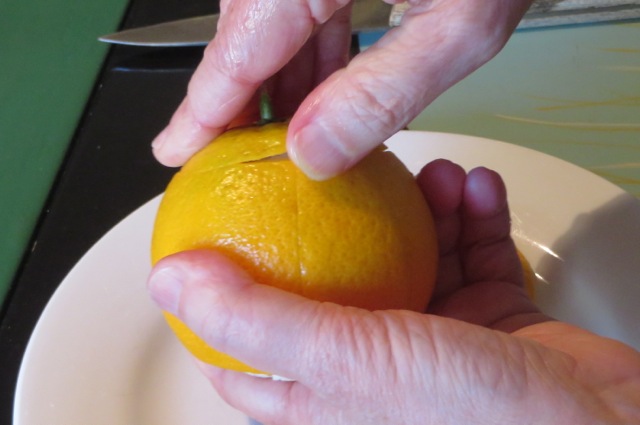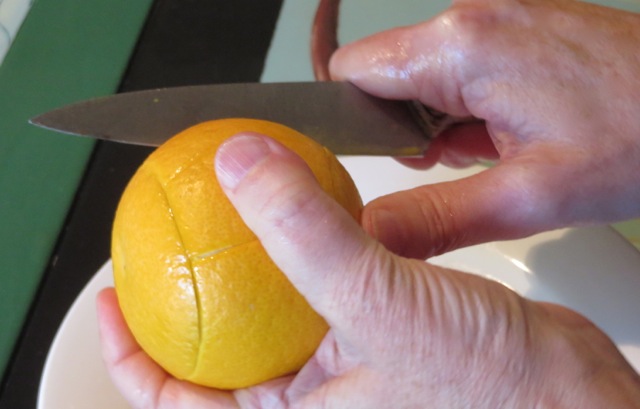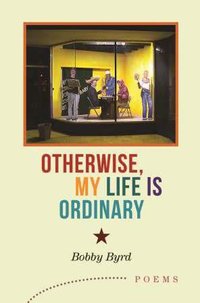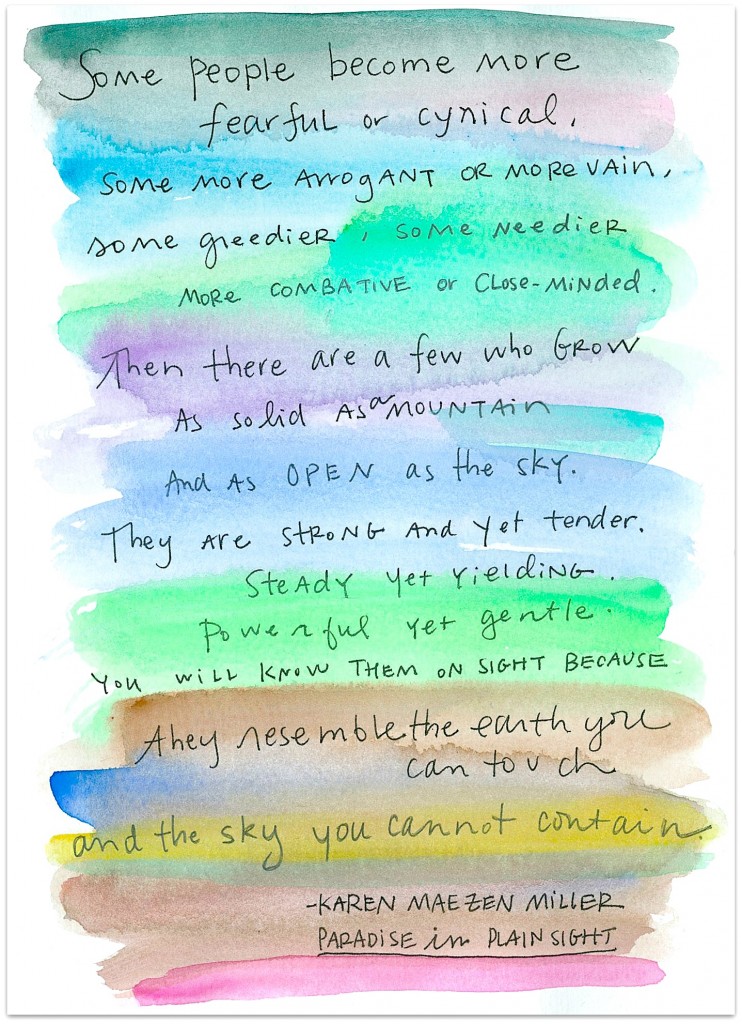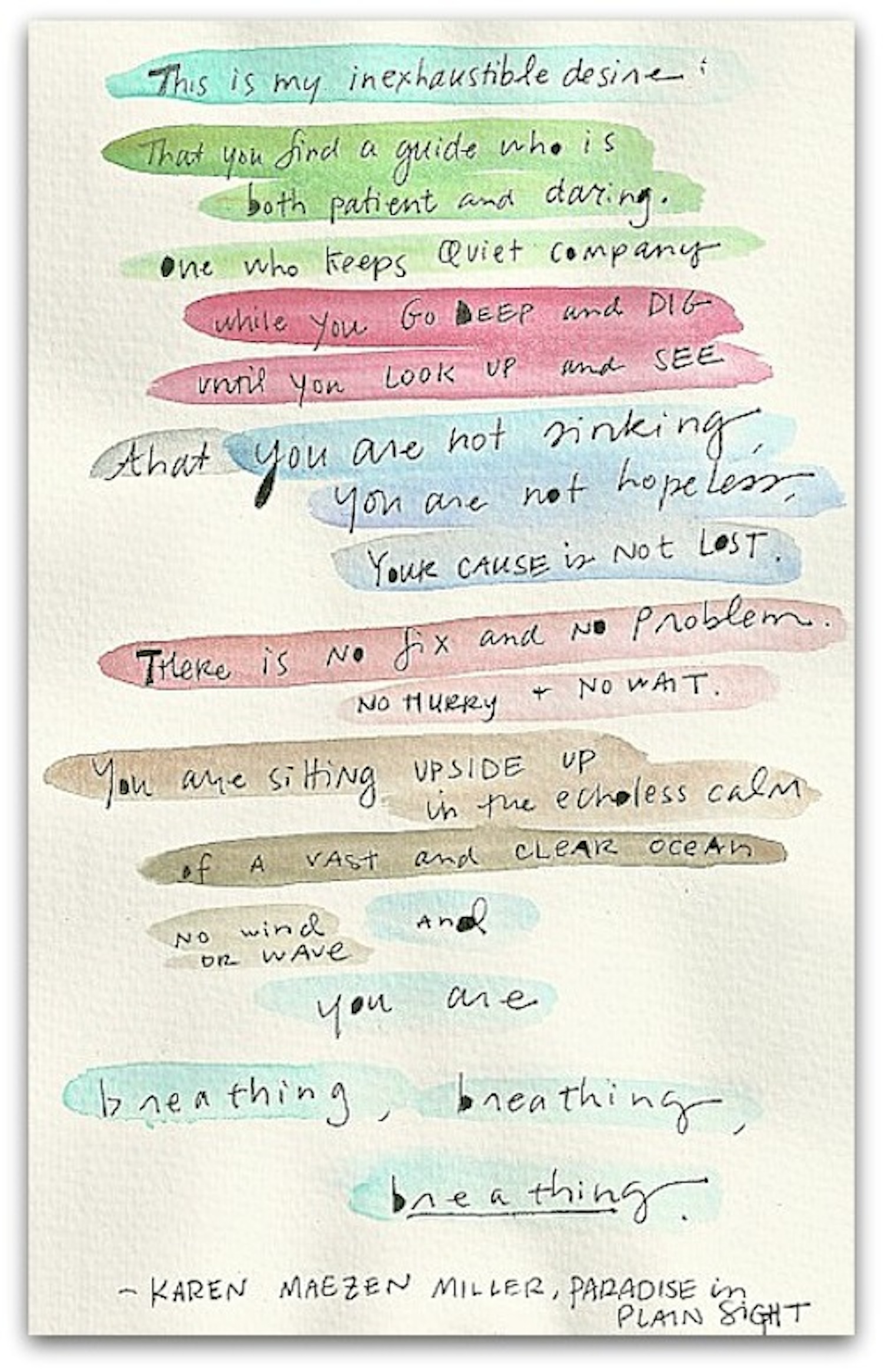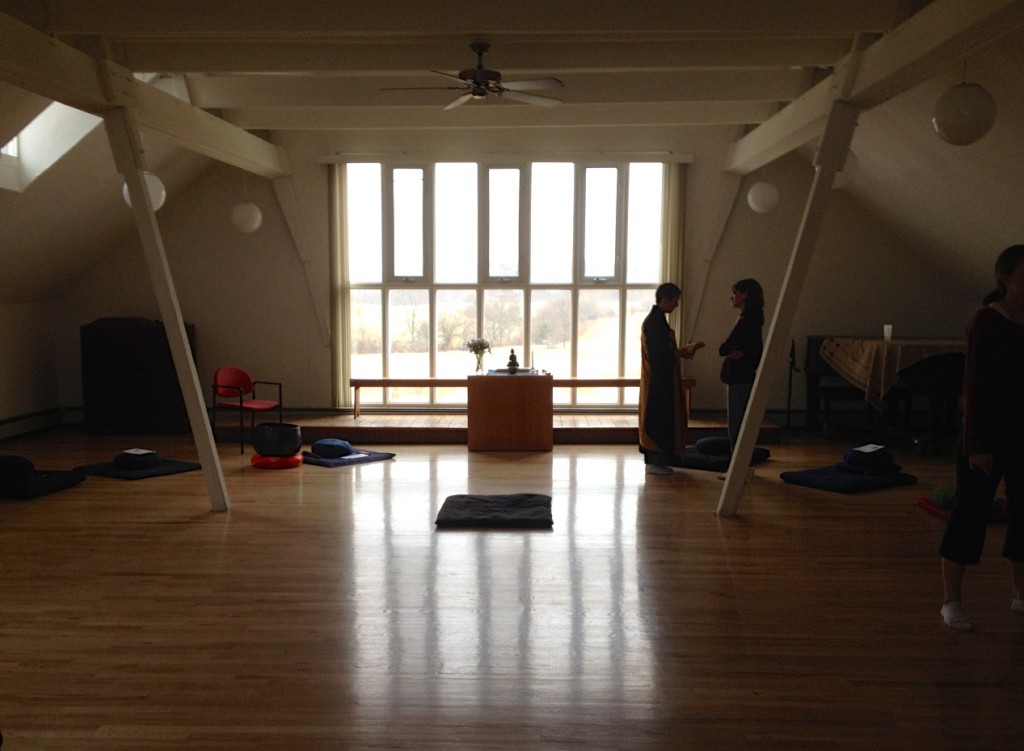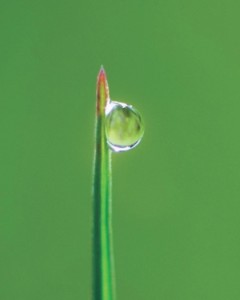
When life comes into focus, you realize there’s no time to waste.
Form and substance are like the dew on the grass, destiny like a dart of lightning — emptied in an instant, vanished in a flash.
Have you ever known a 28-year-old who felt as though his life was nearly over? Perhaps. How about a 58-year-old? Now you do.
In 1222, a Japanese monk named Dogen was 28 years old when he returned from a sojourn to China, a quest in search of the true Dharma. Needless to say, he found it. Dogen came home so energized and committed that he singlehandedly revitalized Japanese Zen into a form still alive today.
Upon returning after a four-year absence, he immediately wrote a short teaching. It wasn’t mystical or philosophical. It wasn’t clever or even original. He didn’t bang his own drum. Frankly, Dogen didn’t get a lot of attention in his day no matter what he did.
Just 1,000 words long, this article was what we might today call a “how-to.” He titled it “Universal Instructions for Sitting.” By “universal” he meant “for everyone.” Dogen had resolved the great matter of life and death — grasped the ultimate reality, the holy grail of a spiritual pursuit. But he didn’t waste time telling stories about it. What seized him as the most urgent thing to do was tell people how to sit in zazen, or zen meditation: still, upright, and as comfortably as possible, with the added assurance that everyone can do it.
Do not use your time in vain.
Dogen was concerned with nothing else because he had realized that anything else would use his time in vain.
He had a head start on this realization because his father died when Dogen was two and his mother when he was seven. Here he was, already 28. He would die at the age of 53. His instincts were spot on.
Concentrate your effort single-mindedly.
At some point while I was writing my last book, it hit me. It hit me like a brick because it was so obvious. I was never going to be everybody’s favorite fuzzy-headed Buddhist writer. I wasn’t in league with the really well-loved memoirists. I couldn’t pass myself off as a parenting expert, a relationship counselor, a TED talker or a psychologist. I’d topped out as a literary celebrity without ever becoming one.
All of that is just fine and right on time, because I feel the weight and length of my days. They are running out, and I no longer have time for much else. I just want to tell folks how to sit.
A quiet room is suitable. Cast aside all involvements and cease all affairs.
I’ve become clear on my life’s work and purpose. I know what I want to be when I grow up.
So I no longer go anywhere to do anything except sit with people who want to sit. I know that not everyone wants to sit. But everyone can.
I’ll show you.
Washington DC June 21-22
Houston June 29
New Orleans Sept. 13
Kripalu, Massachusetts Nov. 14-16
West Hartford, Conn. April 17-19, 2015
Fukanzazengi, complete text
